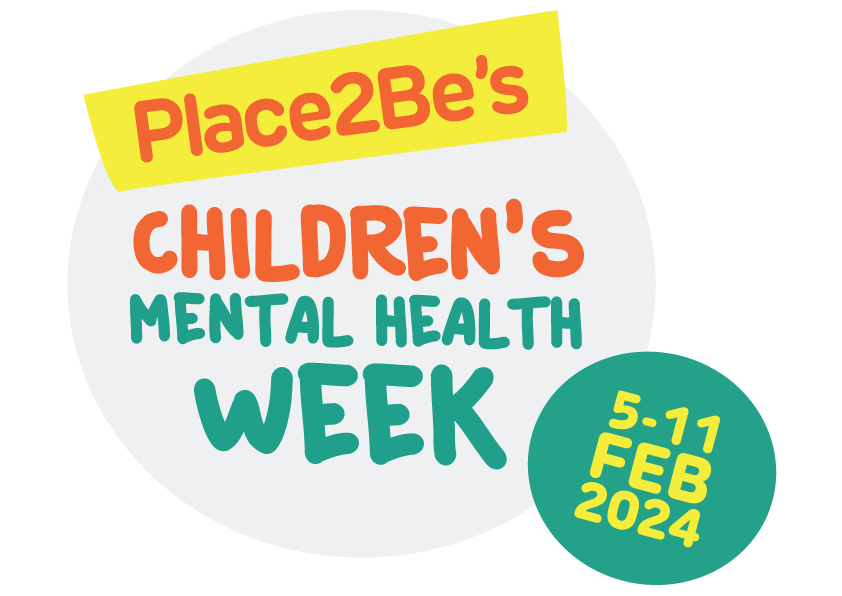Should you need urgent health advice please contact your GP or call NHS 111. In an emergency please visit A&E or call 999
Manchester University NHS Foundation Trust is responsible for the writing, publishing and updating of the content on this page.
Children’s Mental Health Week is from 5th - 11th February 2023. This year's theme is "My Voice Matters!", but what do we mean by that? Read on to find out more!
What is Children’s Mental Health Week?

Children’s Mental Health Week is run by a children’s mental health charity called Place2Be to shine a spotlight on the importance of children and young people’s mental health. This year, it is being held from 5th-11th February and the theme is ‘My Voice Matters!’
Understanding the theme – My Voice Matters
![]()
Speaking out and being heard is an important part of our lives. Knowing that our opinion, thoughts and voices are actually being listened to greatly impacts our mental health and wellbeing.
The UN Convention of the Rights of a Child states that children and young people have the right to express their views, thoughts and feelings. They also have the right to have their view considered and taken seriously. This ties in well with the theme of ‘My Voice Matters’ and Place2Be are asking for you to step forward and make sure your voice is heard and to recognise that it matters too.
How does being heard impact mental health?

We all have basic needs that need to be met, such as being fed, having somewhere to sleep, having access to clean water and so on. These are fundamental needs, but once we get past these, we still have other needs that need to be met. Being heard and listened to might not be one needed for survival, however it is important to making sure we have a happy and fulfilled life.
The need to be heard is a basic one but it is incredibly important. It is important that we let others know how we feel and what we need. When we are not heard and listened to, we can feel forgotten about and almost like we don’t matter. This can then have an impact on whether we are getting our needs met.
There may be times in your life when you have told someone something that has upset you, made you angry or make you feel very frustrated. You’ve been brave to do this, however, you may have felt that the other person isn’t really interested. They may not have believed you or may not have thought the things you were saying were that important. This can make us feel worse as we might start to think “do my feelings and emotions even matter?”.
However, we should not let a negative experience defeat us. On the opposite side, when we have been listened to and truly heard, we feel validated.
The word validation means that our feelings, opinions, and thoughts have been recognised, listened to and are worthwhile.
This is most true when our voice is heard by those closest to us (friends, family, adults and others in our lives). When those closest to us really hear us, they may offer words of kindness or sympathy. They may give us suggestions and advice on how we can make things better. Or they may simply just listen to us and say “I understand why you feel like that.” Sometimes this simple acknowledgement can make us feel so much better.
This is important for our Mental Health and Wellbeing as when we feel heard and listened to, it can improve our self-esteem and our confidence. Most importantly, when we are heard, we can begin to make positive changes for ourselves and others.
What can you do?

There will be activities, assemblies, workshops and lessons happening throughout the week at your school or college. However, what you do outside of your school is equally as important. Take time to reflect on the whether your voice is being heard or not. Also, take the time to have a think about if you are listening to the voices of others around you.
Are your friends and family listening to you? Do they understand you and do you feel as if your are being heard and validated? Are you listening to your friend and family and validating their feelings?
Here are five tips on how to be a better listener –